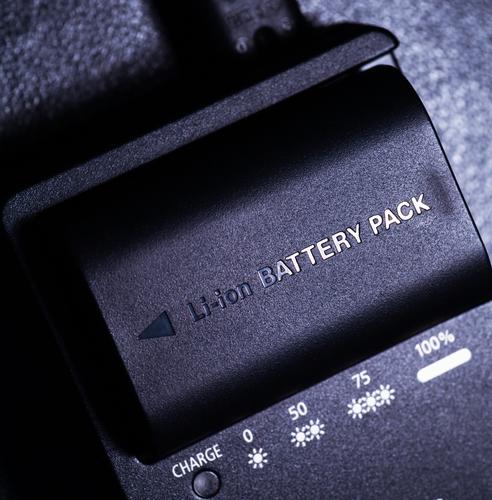Andreas Gutsch, a researcher from the Karlsruhe Institute of Technology, has recently spoken at a PV Symposium in Germany about his findings that some lithium-ion cells working in storage systems have achieved up to 30% capacity loss after 1,000 cycles. Meanwhile, other lithium-ion cells, he said, have better capacity after 5,000 cycles. What he is saying is that there exist many variations in the performance of lithium-ion cells.
Gutsch did not reveal the names of the manufacturers of the lithium-ion cells tested as a pre-condition of the trials. It was not easy for him to obtain the lithium-ion cells to be tested and that he simply could not reveal this particular information.
Lithium-ion cells made in Germany & Japan come out on top
Even then, the battery test results show that the cells tested that were made in China had the fastest decrease in performance, while cells made in Germany and Japan gave the best performance. Lithium-ion cells made in the US and South Korea gave performances that were in the middle range.
The Tesla battery was specified in the trials and it was revealed that it can last 400 cycles and power a car for approximately 200,000 kilometers. This figure is arrived upon by multiplying 400 cycles by 500 kilometers (the estimated distance per full charge).
On its part, Tesla Motors already has some data about its car battery energy storage performance. Elon Musk saying that the Model S has been tested in the lab and achieved 805,000 kilometers, without excess degradation.
Tesla Motors car battery reportedly achieving 805,000 kilometers
If this is true, that can only mean that Tesla Motors‘ test have been conducted differently, or something else is going on.
Gutsch had noted previously that some energy storage battery types might have safety issues, including thermal runaway. Based on his tests, some batteries have not satisfied safety standards.
But he also believes that batteries will eventually be an effective method of storing electricity. As it is, most non-technical people are still on a learning curve with regards to the evaluation and selection of the best batteries for consumer technology performance.
But this situation is no strange phenomena to engineers. They are used to having a variety of cell performance when testing batteries. However, to non-technical people, this may cause some concern.
Tesla Motors leading the way in solar energy storage systems
What they will notice is that some of the consumer devices they use, such as cell phones and other gadgets that use energy cells have shorter battery lives than others and the variations between brands are usually quite noticeable.
But battery storage used in the home or business is altogether a different story and in this arena, Elon Musk’s Tesla is said to be more advanced than other solar energy storage manufacturers.
Musk’s gigafactory has already developed a solar energy storage system that can power a house and sell its excess energy production to the grid. In fact, he is already marketing this battery for home and commercial use.
Other battery storage manufacturers are trying to catch up and it is expected that there will be a lot of variations in their cell performances. With Tesla already in the lead, other companies must try harder to catch up.



